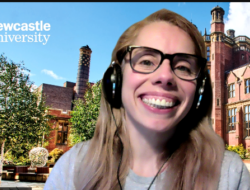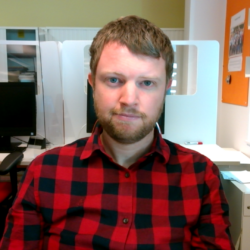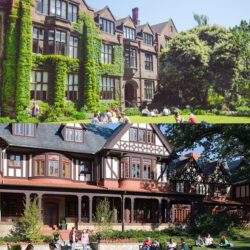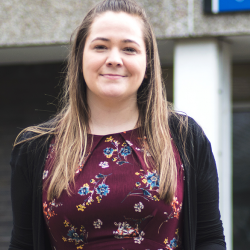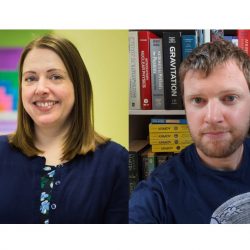The Great Wall of student engagement: Using Quizzes and New Analytics to inform community design
Helen Atkinson – Careers Consultant Careers Service What did you do? I used Canvas New Analytics and Quizzes to monitor how students were engaging with non-credit bearing careers initiatives, specifically the following two projects: China Career Gateway: An annual extracurricular career development programme designed to help Chinese students at Newcastle University prepare for their graduate Read more about The Great Wall of student engagement: Using Quizzes and New Analytics to inform community design[…]


